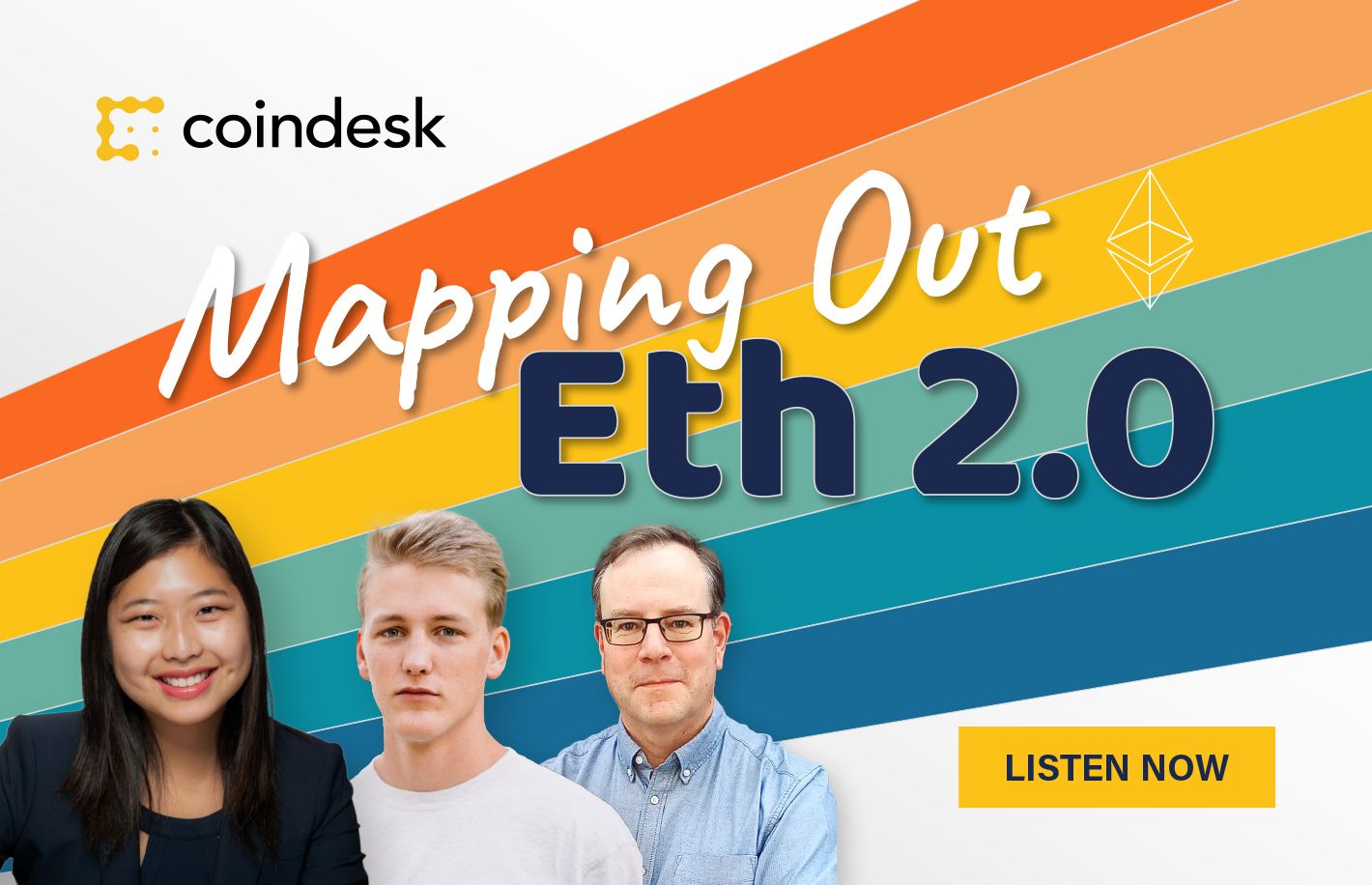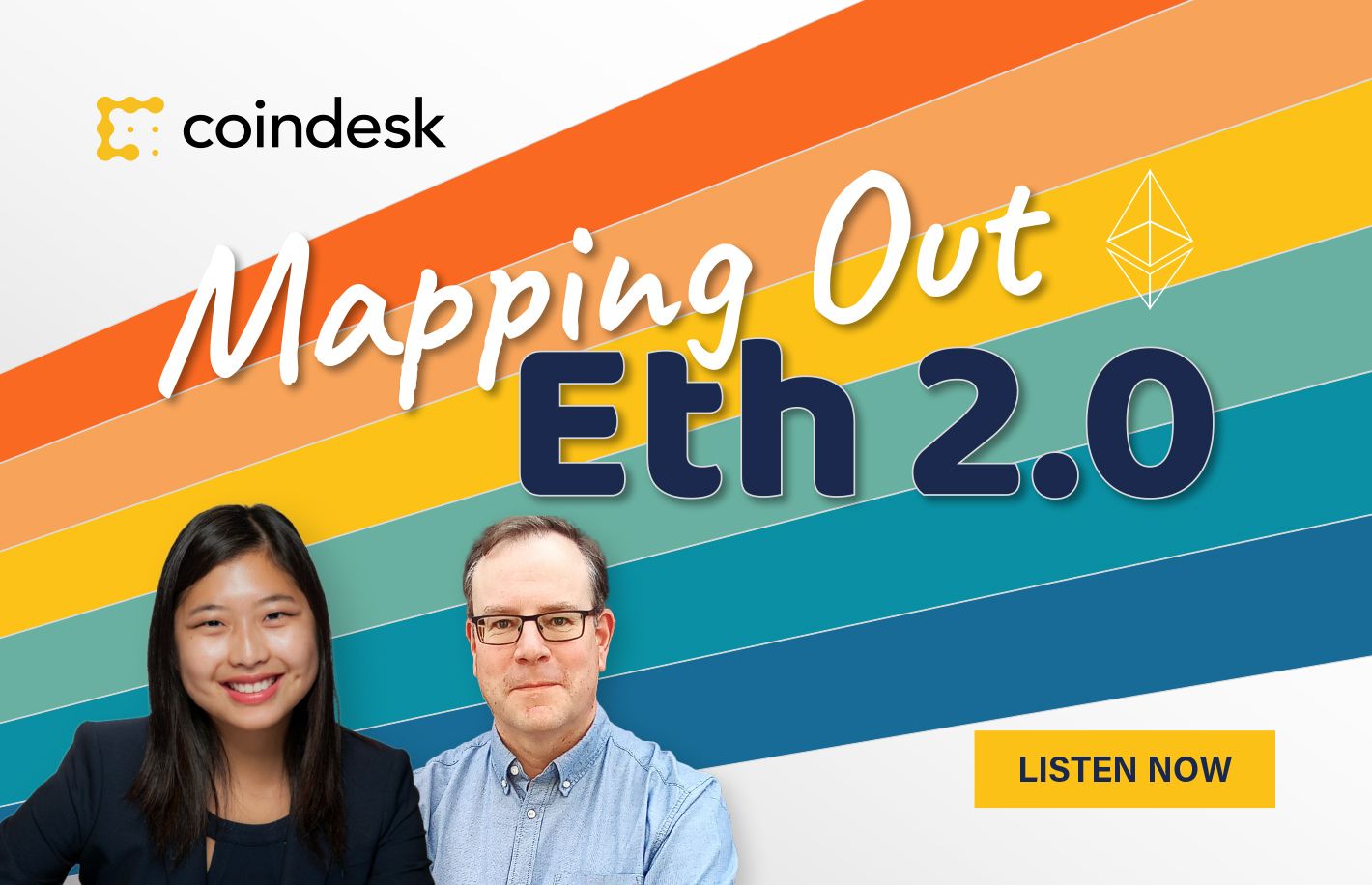In this week’s episode, CoinDesk’s Christine Kim and Consensys’ Ben Edgington are joined by “Superphiz,” the pseudonymous moderator and lead organizer of the Reddit ETH Staker Community.
/r/EthStaker is an online community of investors, traders, users and developers dedicated to the education and exploration of topics related to Ethereum’s live transformation into a proof-of-stake (PoS) protocol.
Since the launch of Ethereum’s parallel PoS blockchain back on Dec. 1, 2020, Superphiz and his fellow ETH Staker community members have been busy working on a number of projects meant to encourage user participation in the new network.
First and foremost, there is the StakeHouse project aimed at reducing the complexity of staking on Ethereum 2.0. According to Superphiz, the biggest “hurdle” preventing people from becoming validators on Eth 2.0 is the client software installation process.
In order to stake on Eth 2.0 and earn rewards as a validator on the network, users must choose one of four software clients to run on a computer. The StakeHouse team is currently building “a graphical one-click installer” that will remove the minute intricacies of loading a particular Eth 2.0 client onto a user’s device.
“You load up a graphical interface and it says, ‘Which client do you want to install?’ You choose one through four. Press the button and then select the location of your key. Thank you. You’re done. It should be that easy,” said Superphiz.
Second, there is the Ethereum Due Diligence Committee. Members of the ETH Staker community have created a website to evaluate the trustworthiness of several Eth 2.0 staking pools and will soon be publishing formal rating schemes by which to grade each staking service.
In doing so, the motivation is to help train users on recognizing healthy staking pools and hold staking pools accountable to a shared standard of security and usability.
Finally, the ETH Staker community also supports knowledge sharing and increased awareness about the development roadmap of Eth 2.0 through its Eth 2.0 Studymaster Program. Listen to the full podcast to hear from Superphiz on what the program entails and how it is set up.
Links mentioned in this podcast:
- /r/EthStaker (https://www.reddit.com/r/ethstaker/)
- ETHStaker YouTube channel (https://www.youtube.com/channel/UCeHmYPRYZddrM1tfJLfLVDA)
- Ethereum Study Master Program (https://ethereumstudymaster.com/courses/)












